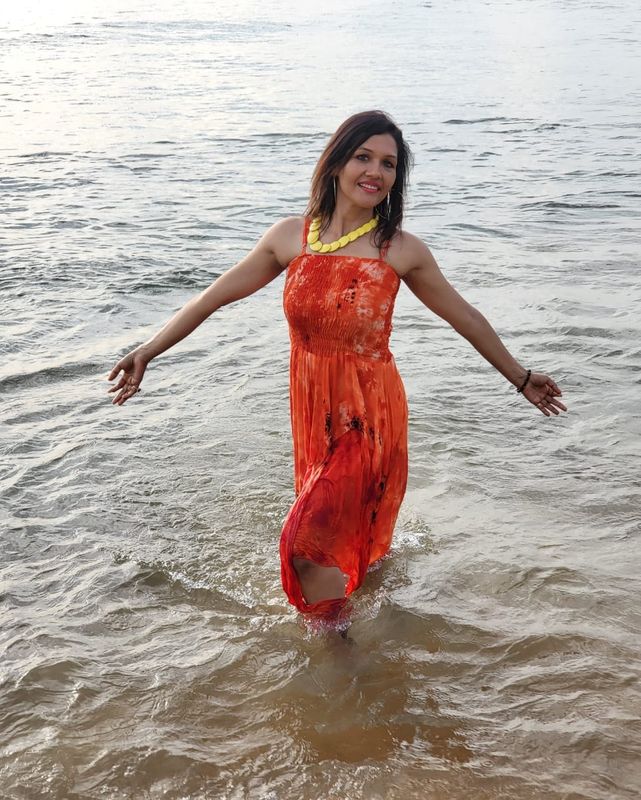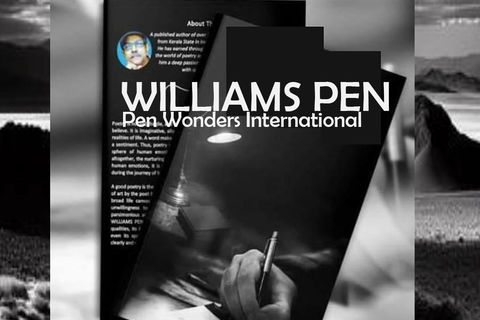WILLIAMSJI MAVELI : ESSAY: POETRY AND SCIENCE

POETRY AND SCIENCE We can best approach this thought process by noting the fundamental difference between poetry and science. The world with which science deals is what we commonly call the world of fact; by which we properly mean the world of physical actuality objectively considered. The business of scientists, as the current phrase has it, is with things as they are in themselves. Scientist studies their forms and organizations, their qualities, characteristics, and connections. They collate and classify them, investigate the conditions and processes under and by which they have come to be what they are,
Each science treats someone's aspect of the external world in this purely objective way; while science in the larger sense advances from fact to generalization, and from generalization to still more and more comprehensive generalizations, thus seeking to reduce the multiplicity and apparent confusion of the universe to unity and order.
Science, therefore, aims to afford a systematic and rational explanation of things-an explanation which shall include their natures, genesis, and history in terms of cause, effect, and physical law with what remains after a such explanation has been given, science as science has nothing to do. Yet no fact of experience can be more familiar or more patent than this-that with what remains after a such explanation has been given we ourselves have a great deal to do. In our daily conversations with the outer world, we are indeed mainly interested. Not in things as they are in themselves, but with the aspect which they hear and the appeal which they make to our emotional natures. While we are actually in the scientific study we may, it is true, think of the universe merely as a vast aggregation of phenomena to be examined, cataloged, and accounted for; but in our common human dealings with it, we do not so think of it. We need not enter into any more discussions of poetic truth. Its general nature is now clear.
In some curiously wild and whirling words, Poetic truth is emphatically not the “truth of madness”. It has, on the contrary, and in the fullest sense of the term, the essential quality of sanity. It is the truth of things as seen indeed, from a point of view different from that of science; and it is this fact that misled into the strange vagaries concerning science. But, as we can never learn the whole truth of things until this other point of view has been taken-as to know things in their entirety means to know them in their poetic as well as in their scientific aspects and meanings-the truth of poetry while antithetical to that of science, is as the same time, as I have shown. Complementary to it; it has at least an equal importance.
When science has provided us with its complete rationale of things, we are still primarily impressed by the mystery and beauty. No explanation can ever destroy this impression; rather, we may say that every explanation will serve only to intensify it. In this simple fact, we have to seek both the foundation and the permanent significance of poetry. Though the mystery and beauty of the world are habitually recognized by all of us, they are recognized for the most part only in a vague and sluggish way. There are, however, moods of heightened feeling in which they come home to us with special vividness and power.
It is then that we are deeply stirred in delight or wonder, to gratitude or reverent awe. Out of such moods poetry springs; to such moods it addresses itself. It reports to us things from their appeal to us, and our response to them. It is thus at once the antithesis and the complement of science.
Poetry begins where the matter of fact or of science ceases to be merely such and exhibits a further truth, the connection it has with the world of emotion, and its power to produce imaginative pleasure.
WILLIAMSJI MAVELI



Comments
“Poetry begins where the matter of fact or of science ceases to be merely such and exhibits a further truth, the connection it has with the world of emotion, and its power to produce imaginative pleasure.”
I couldn’t agree more, enjoyable read thanks for sharing.